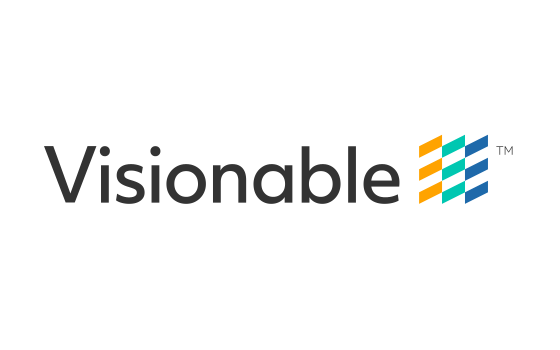 Visionable has renewed its offer of free video calls to connect hospital patients with their loved ones as the COVID-19 pandemic continues.
Visionable has renewed its offer of free video calls to connect hospital patients with their loved ones as the COVID-19 pandemic continues.
The company, which has developed a unique video collaboration platform that is used for multi-disciplinary team meetings and virtual clinics across the NHS, created Visionable Connect in the first wave, to support patients who could not receive visits from family and friends.
To offer the greatest support during the peak of the current wave of COVID-19, Visionable is now making the system free to existing and new NHS customers until the end of April 2021. The impact that Visionable Connect is having on both patients and staff is significant, allowing the opportunity to see and speak with patients being cared for in difficult conditions.
Alan Lowe, chief executive of Visionable, said: "When we first launched Visionable Connect to NHS trusts we were moved to hear about the impact that it had, particularly where it was used to connect patients in intensive care with their loved ones.
"One trust told us about a patient from Canada who would not have been able to say goodbye to his family without the opportunity to do so virtually. At a time when love and support continues to be vital, we are hoping that Visionable Connect will go some way towards supporting the NHS and its patients at this incredibly difficult time."
Visionable Connect is a secure video calling platform that has been designed to be easy for IT teams to support, and for staff and patients to use. Unlike other communication platforms, Visionable Connect does not require patient and family to have the same app downloaded, does not require any prior registration and can be accessed via the hospital's own hardware.
Hospital staff use any internet-connected device to open the Visionable Connect link in a browser and send a text message or email to the person they want to connect with. The connection is made as soon as the recipient clicks on the link. As soon as the call is ended, the link is shut down and no data is left on the device.
Lowe explained: "Working with trusts, we realised that we needed to make it easy for patients to keep in touch with their families and support networks, without them having to worry about being registered for commercial calling platforms or using specific devices.
"Visionable Connect fulfilled this requirement and has been very well received by IT teams, staff on the wards and patients. That's why we were so determined to make sure that the maximum number of patients could benefit as the second wave continues to impact on hospitals and families across the country."
Visionable is currently working to make the platform more widely available so that it can offer its services to other care providers, such as care homes, which have also been severely affected by the pandemic.
To date, 19,522 videos calls have taken place using Visionable Connect, 22,385 patients, family and healthcare professionals have been connected, and 9,445 hours have been spent on the platform.
About Visionable
Visionable is a healthcare technology company that provides a universal video collaboration platform for clinicians to deliver better patient care. Designed by founders who have worked within the NHS and who continue to partner closely with NHS clinicians, the platform has been built specifically to address the advanced technical needs found in healthcare. To achieve a truly ‘connected health’ system, Visionable makes it easy for everyone - from clinicians to whole organisations - to work together, ensuring patients’ access to the timeliest, best care possible.